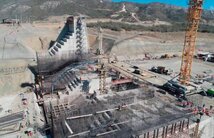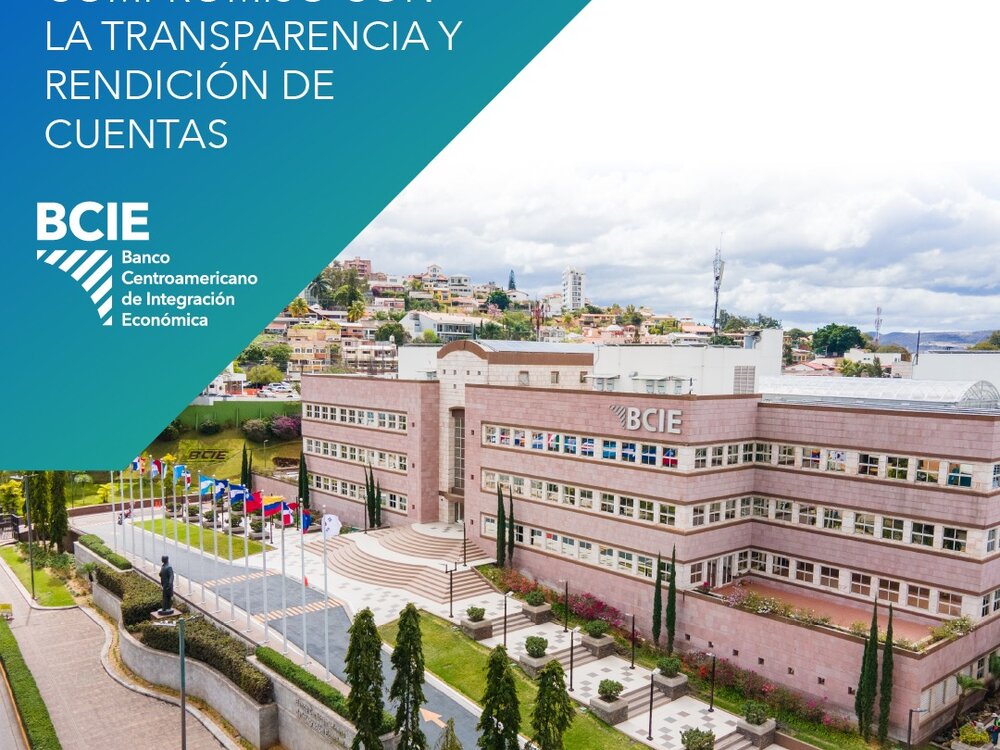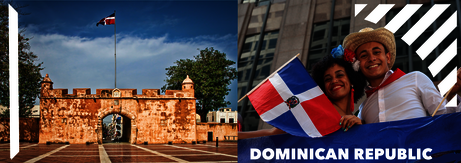Summary of operations
Road Infrastructure: Financing for 148 kilometers of highways.
Energy: Financing for the generation of 80 megawatts of clean renewable energy.
Agro Sector: US$ 60 million for the strengthening of the agricultural sector with a sustainable technological approach.
A 228% increase in the amount estimated in the 2021-2026 country strategy, reaching US$ 1.8 billion. In the previous five-year period the disbursement amounted US$ 533.9 million.
PROJECTS

Coral Highway Project
It consisted of the construction of a 70-kilometer-long, 4-lane highway, for which financing of US$70.0 million was allocated.

Improvement and Expansion of the Eastern Road Corridor for road sections
San Pedro de Macorís-La Romana Section, La Romana Beltway Section and Eastern Tourist Boulevard Section, totaling 78 kilometers in length and representing the best road infrastructure in the country.

Palomino Hydroelectric Project
With a clean and renewable energy generation capacity of 80 megawatts, it is located in the Province of San Juan. For its execution, the Bank allocated financing for a total amount of US$ 130.0 million

Construction of a 50-kilometer gas pipeline in San Pedro de Macorís
Loan in favor of AES Dominicana for a total amount of US$54.00 million.

Montegrande Multipurpose Dam Project Phase III
With current financing of US$249.6 million
CABEI reinforces its commitment to transparency and accountability

At CABEI, transparency, integrity and the adoption of "Zero Tolerance" principles to prohibited practices are non-negotiable cross-cutting principles to bring development to its member countries.
Tegucigalpa December 9th, 2022.- The commitment of the Central American Bank for Central American Integration (CABEI) against the commission of prohibited practices is based on transparency and integrity as a binomial to fulfill its mandate in favor of development and integration in the region.
For this reason, in 2022 the multilateral continued to strengthen its controls, regulations and processes for the prevention of financial crimes and integrity risk management. CABEI's controls cover without exception all parties involved, suppliers, personnel and sources of resources, as well as all its operations through its Policy for Risk Management of Money Laundering, Terrorism Financing, Proliferation of Weapons of Mass Destruction, Integrity and Sanctions. In addition, the accompaniment of the acquisition processes and constant supervision of the operations financed are fundamental for the fulfillment of its fiduciary duty.
"All our actions are aimed at maintaining the transparency of our processes and optimizing resources for the development of our member countries, which is how we will continue to work to achieve our goal of reducing poverty and inequality in order to improve the quality of life of our people," said Dr. Dante Mossi, Executive President.
Among the actions carried out by CABEI in 2022 are the trainings provided to the Executing Units of the projects financed by the multilateral. These trainings focus on various topics related to best practices in integrity. Between 2021 and 2022, more than 970 members of public institutions that manage and are the first line of defense for the projects were trained, covering the entire Central American region, including the Dominican Republic and Argentina.
CABEI maintained and promoted means for individuals or legal entities to easily submit reports or complaints regarding possible irregularities, unethical situations, prohibited practices in the use of the funds or resources administered, or environmental and/or social events or impacts related to the projects.
CABEI has also reaffirmed its commitment to the fight against financial crime by supporting initiatives that benefit the region in coordination with the Latin American Financial Action Task Force (Gafilat).
In addition, during 2022 CABEI issued its first annual report on the implementation of the Information Access Policy (PAI), consolidating its commitment to transparency and accountability on how it is applying said regulation.




